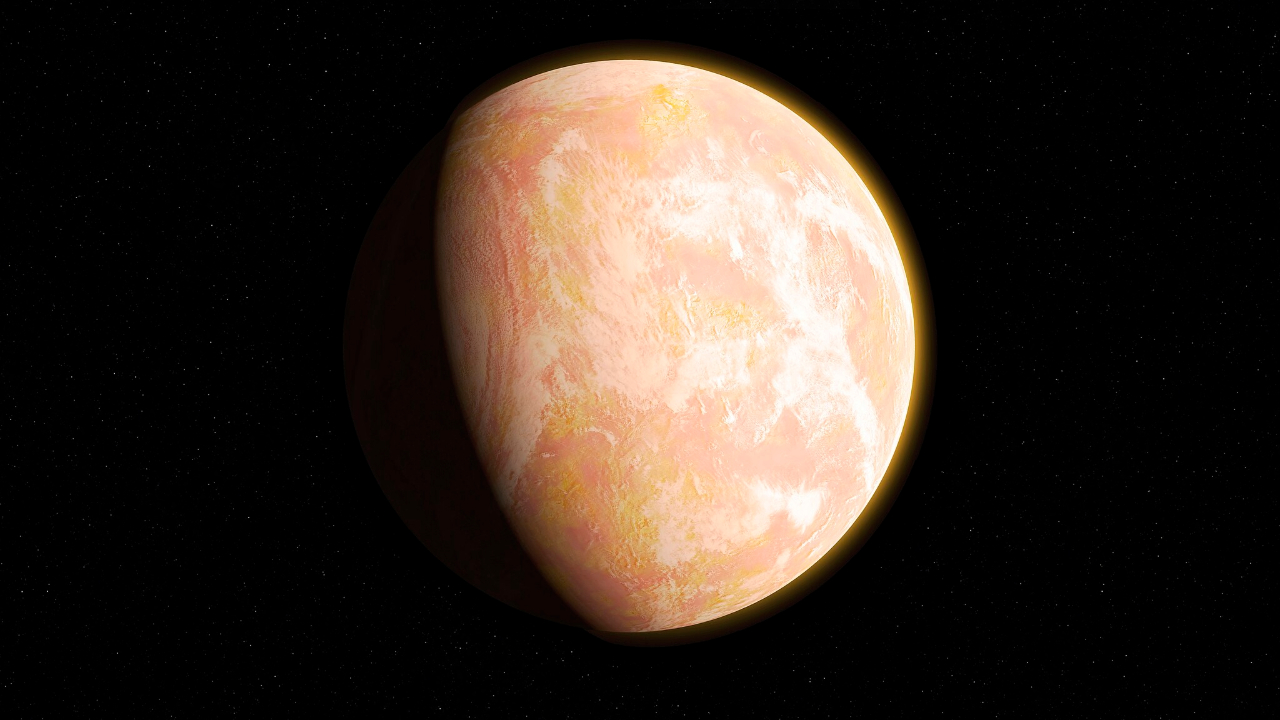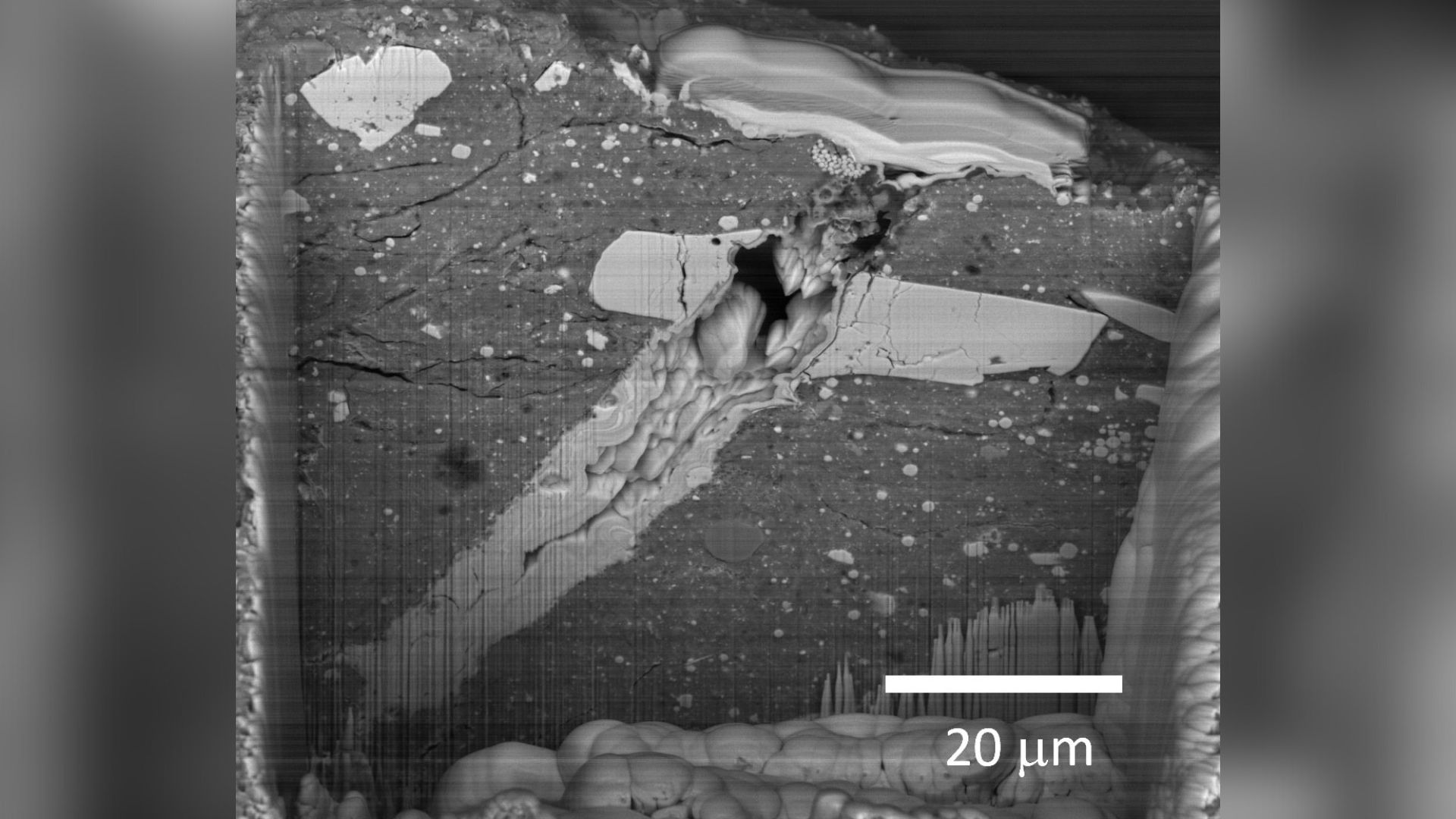A SpaceX Falcon 9 rocket flies from Launch Complex 39A at NASA’s Kennedy Space Center on the Starlink 10-11 mission. This launch featured the Falcon 9 booster, tail number B1067, making its 30th trip to space and back. Image: John Pisani/Spaceflight Now Update Aug. 28, 5:20 a.m. EDT: SpaceX confirmed deployment of the 28 satellites. SpaceX second Starlink launch in …
Read More »Science
Access Denied
Access Denied You don’t have permission to access “http://www.ndtv.com/science/breakthrough-photo-see-the-birth-of-a-planet-for-the-very-first-time-9183931” on this server. Reference #18.901e1202.1756509608.2976c402 https://errors.edgesuite.net/18.901e1202.1756509608.2976c402 Source link
Read More »The Advanced Project Gemini Concepts That Could Have Been
Looking back on the trajectory leading to Project Apollo and the resulting Moon missions, one can be forgiven for thinking that this was a strict and well-defined plan that was being executed, especially considering the absolute time crunch. The reality is that much of this trajectory was in flux, with the earlier Project Gemini seeing developments towards supplying manned space …
Read More »56 million years ago, Earth underwent rapid global warming. Here’s what it did to pollinators
This article was originally published at The Conversation. The publication contributed the article to Space.com’s Expert Voices: Op-Ed & Insights. Pollinators play a vital role in fertilizing flowers, which grow into seeds and fruits and underpin our agriculture. But climate change can cause a mismatch between plants and their pollinators, affecting where they live and what time of year they’re …
Read More »Scientists drilled deep under the sea. Here’s what they found
Your support helps us to tell the story From reproductive rights to climate change to Big Tech, The Independent is on the ground when the story is developing. Whether it’s investigating the financials of Elon Musk’s pro-Trump PAC or producing our latest documentary, ‘The A Word’, which shines a light on the American women fighting for reproductive rights, we know …
Read More »Ancient Microbes Revived By Scientists After 100 Million Years Under The Seafloor
Deep below the seafloor, locked in a layer of 100-million-year-old sediment, a lifeform quietly lives. It’s not quite Godzilla, nor a long-lost Megalodon, but it does go to show how life on Earth can dwell under the most extreme and bizarre circumstances. Scientists discovered that communities of microbes living beneath the seafloor are able to survive in rock sediments for …
Read More »Just a moment…
Just a moment… Enable JavaScript and cookies to continue This request seems a bit unusual, so we need to confirm that you’re human. Please press and hold the button until it turns completely green. Thank you for your cooperation! Press and Hold Press and hold the button If you believe this is an error, please contact our support team. 209.74.74.26 …
Read More »Scientists Discover New Parasitic Wasps Invading the U.S.
There are all sorts of cruel parasites out there, and more are being uncovered all the time. Scientists have recently found several invasive species of parasitic wasps that have now landed in the U.S. Researchers at Binghamton University and the University of Iowa made the discovery. For the first time ever, they detected the presence of two closely related parasitic …
Read More »NASA puts asteroid Bennu under the microscope photo of the day for Aug. 29, 2025
Since its discovery in 1999, the near-Earth asteroid Bennu has captivated scientists as a time capsule from the early solar system — and also as a key to possibly understanding the origins of life. To study the asteroid in depth, NASA launched the OSIRIS-REx spacecraft to Bennu. The probe collected samples in 2020 and returned them to Earth in 2023. …
Read More »How wild horses became rideable, according to ancient DNA – The Washington Post
How wild horses became rideable, according to ancient DNA The Washington Post Horses may have become rideable with the help of a genetic mutation Science News Did a single genetic mutation make horses rideable? Phys.org Animal domestication: a key mutation behind horse-based mobility identified Centre national de la recherche scientifique (CNRS) Genetics: How genes made the horse man’s companion | blue News blue News Source …
Read More »





